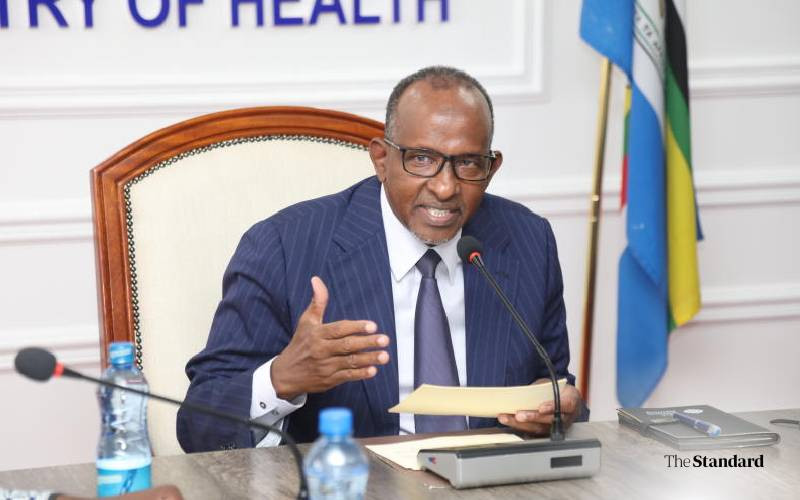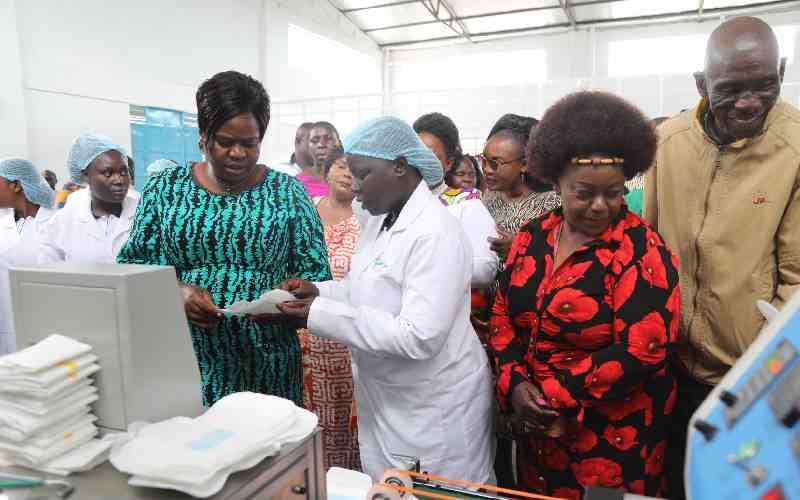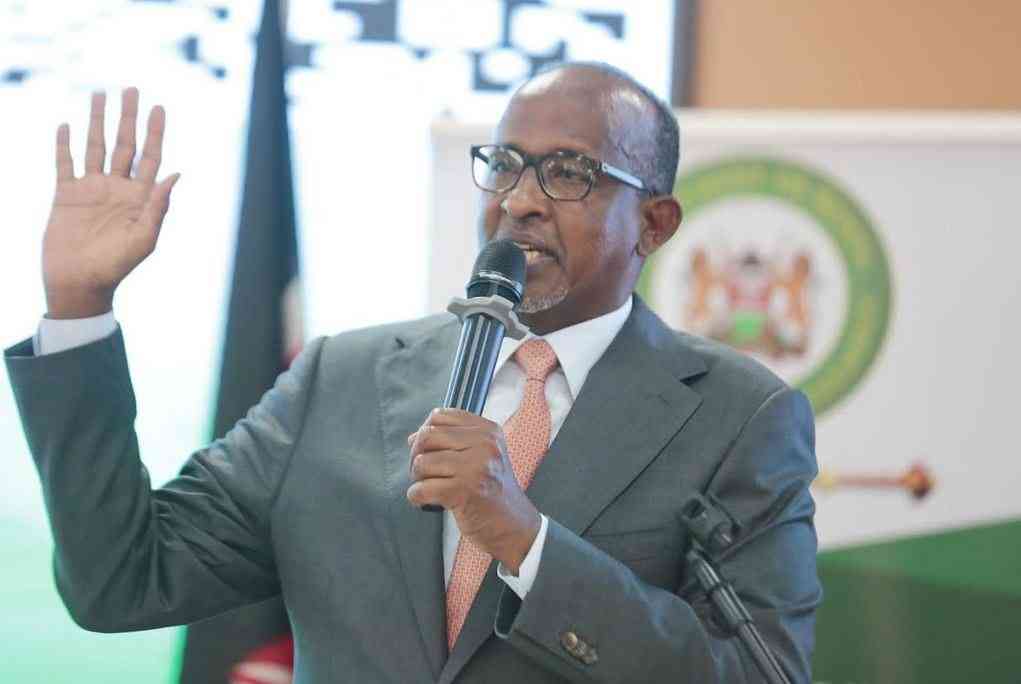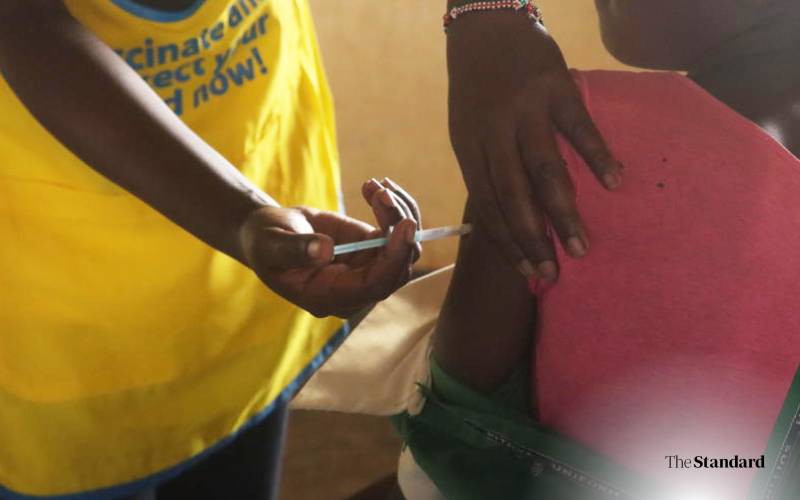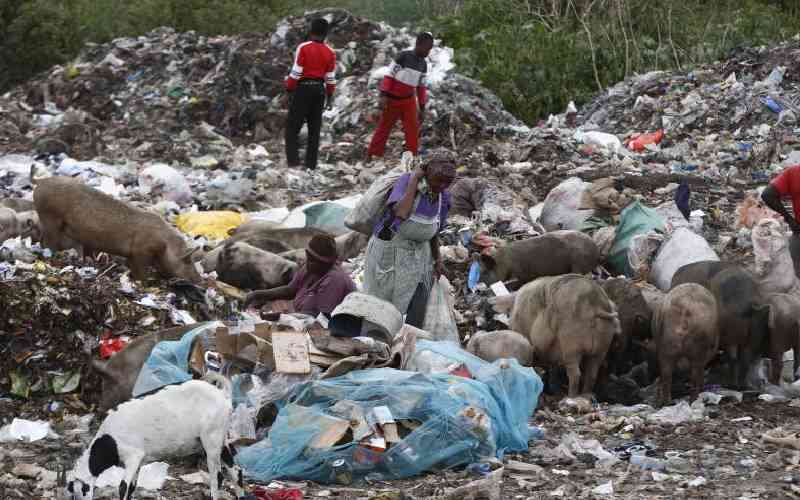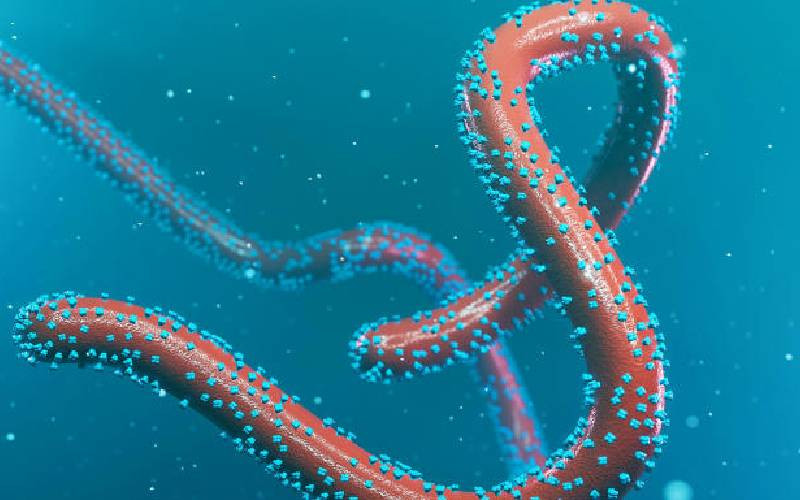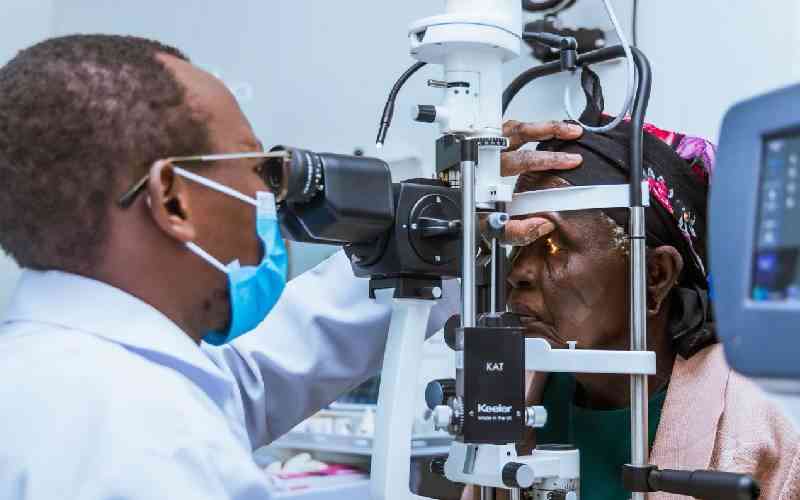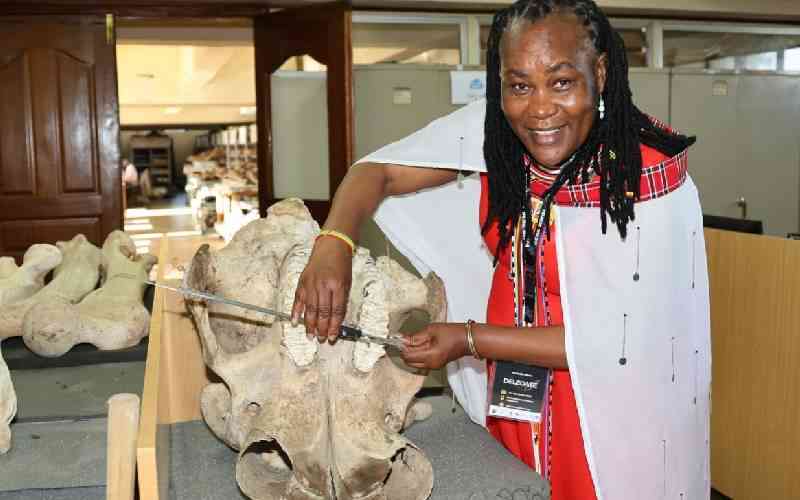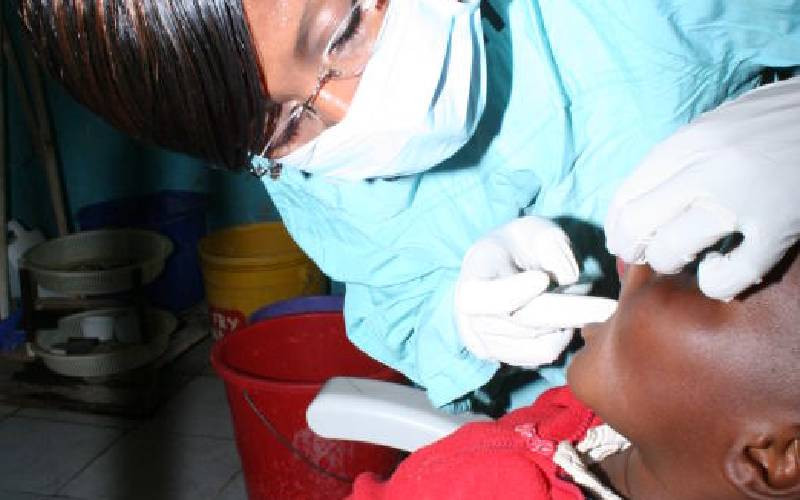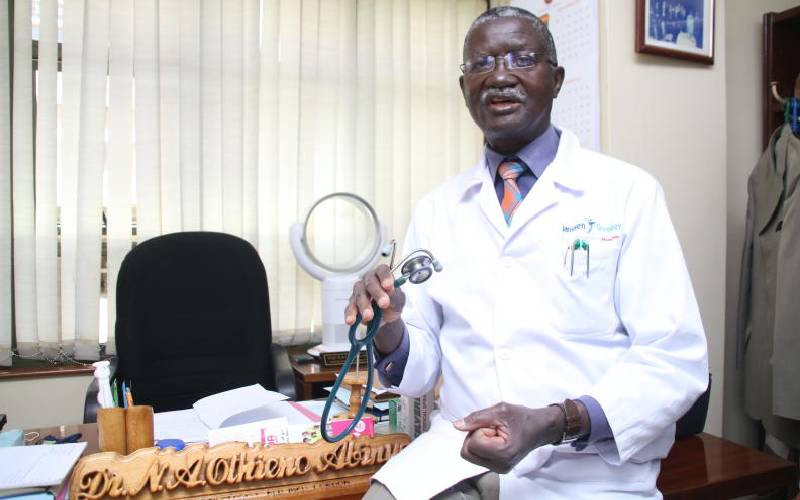
Kenya started training doctors in 1967 when it recalled Dr Joseph Maina Mungai from Uganda's Makerere, then the premier university in East Africa. Though Kenya needed him badly, Makerere refused to release him, forcing Kenya to pay off his contract.
When he finally started the University of Nairobi, School of Medicine, it not only had shortage of staff, but also equipment and teaching materials, including cadavers for practical lessons.
The Anatomy Bill had not become law for Dr Mungai to collect cadavers in Kenya. Makerere lent him 10 cadavers, but no driver was willing to gas the Land Rover from the Vet Department to Makerere. In any case, being in possession of cadavers in Kenya was illegal.
Facts First
Unlock bold, fearless reporting, exclusive stories, investigations, and in-depth analysis with The Standard INSiDER subscription.
Already have an account? Login
 The Standard Group Plc is a multi-media organization with investments in media
platforms spanning newspaper print
operations, television, radio broadcasting, digital and online services. The
Standard Group is recognized as a
leading multi-media house in Kenya with a key influence in matters of national
and international interest.
The Standard Group Plc is a multi-media organization with investments in media
platforms spanning newspaper print
operations, television, radio broadcasting, digital and online services. The
Standard Group is recognized as a
leading multi-media house in Kenya with a key influence in matters of national
and international interest.

